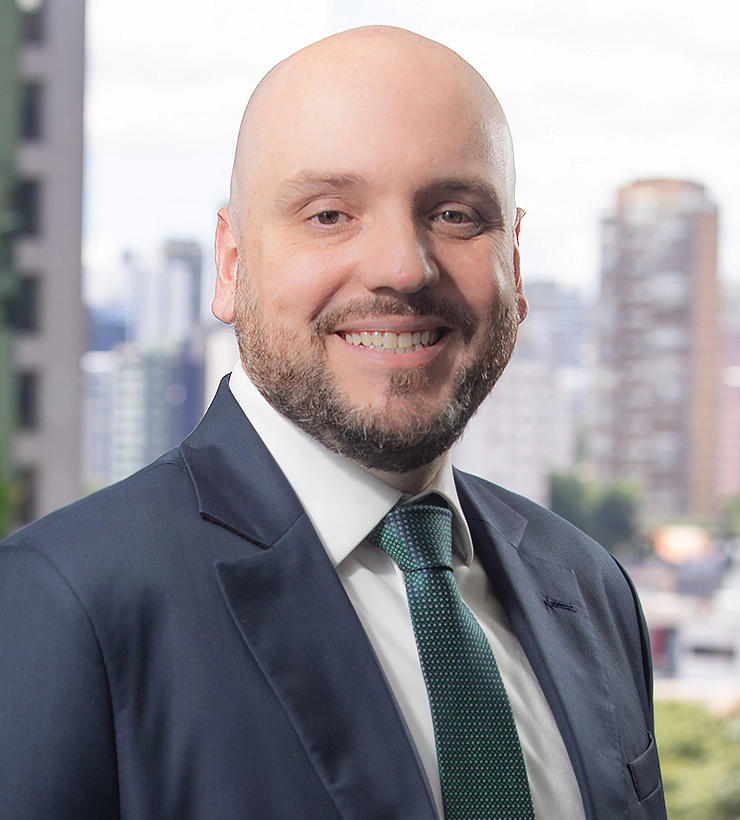In classic Westerns, a traveling salesman—posing as a doctor—would sell “snake oil,” a miracle cure promoted with flashy theatrics and fake testimonials. To seal the deal, he relied on an accomplice planted in the crowd, pretending to be a satisfied customer. Though the product was worthless, the illusion of trust fooled many.
Historically, these scams thrived in the 19th century, when real medicine was scarce and people were desperate for cheap remedies. By the time buyers realized the truth, the fraudster had vanished. Over time, “snake oil” became shorthand for any deceptive, overhyped product or promise.
Investment Scams: The Modern-Day “Snake Oil,” Now With Influencers
Today’s “snake oil” isn’t fake medicine—it’s fraudulent investment schemes. And instead of a hidden accomplice, scammers now enlist influencers with massive followings.
Where old fraudsters conned small crowds town by town, modern scammers reach millions instantly via social media. A single viral post can draw in victims from around the world. The internet has given today’s fraudsters a global stage and influence their 19th-century counterparts could only dream of.
How Investment Scams Use Rogue Influencers as Modern Accomplices
Investment fraud adapts to trends, using whatever is popular at the time, whether crypto, forex trading, gambling investments, multi-level marketing (MLM) style business models, or even air miles trading.
It is very important to highlight that these industries themselves are not the problem, but scammers use them as a front to deceive investors.
Crypto scams
Fake tokens or fraudulent trading platforms rely on influencers to promote them as “the next big opportunity.” The SEC has fined numerous celebrity endorsers for promoting crypto without disclosures. In Brazil, the so-called “Pharaoh of Bitcoin” orchestrated a massive Ponzi scheme, promising high returns from crypto investments while actually running a pyramid scheme that defrauded thousands of investors.
Forex trading scams
Unregulated brokers pay influencers to showcase luxury cars, vacations, and high profits, convincing followers that forex trading is the key to easy wealth. The CFTC has cracked down on major forex Ponzi schemes. In Brazil, a large-scale forex trading fraud lured investors with promises of high, guaranteed returns through supposed “automated strategies,” but the operation collapsed, leaving victims with massive losses.
Gambling investment frauds
Some influencers claim to have “insider betting strategies” or AI-driven systems, but their real profit comes from recruiting new participants into Ponzi-style betting schemes. In Brazil, fraudsters have increasingly been directing gamblers to fake betting sites, designed to mimic legitimate platforms while ensuring that victims never actually see their winnings.
MLM investment frauds
Pyramid schemes disguised as “exclusive investment clubs” encourage influencers to recruit new investors, promising passive income. One of the largest MLM financial frauds in Brazil, TelexFree, scammed over 2 million people and was later classified as a pyramid scheme by Brazilian authorities. Following the TelexFree scandal, several other MLM schemes have been identified and shut down by Brazilian authorities for operating fraudulent businesses.
Air miles trading scams
Fraudulent companies claim to offer platforms where users can buy and sell frequent flyer miles for profit, but these often collapse as Ponzi schemes once new members stop joining. The Brazilian Federal Police has investigated such air miles frauds linked to organized crime.
Scammers don’t just sell fake investments; they also sell the illusion that anyone can become rich with the right “knowledge.” Many influencers push courses, mentorship programs, and “secret training” that promise guaranteed financial success but are nothing more than content designed to extract money from hopeful buyers. In more extreme cases, these so-called training programs go beyond just misleading claims and active promotion of illegal activities. They teach individuals how to launder money, evade taxes, or exploit legal loopholes for financial gain. What is advertised as a “shortcut to success” often promotes value that is not realized or is a direct path to committing financial crimes.
The parallel is clear: just as the “snake oil” accomplice played a crucial role in convincing people to buy fake medicine, influencers help investment scams appear credible and trustworthy-whether intentionally or unknowingly.
From Promoters to Accomplices: The Role of Rogue Online Influencers in Investment Scams
It is important to note that influencers may not always be aware that they are participating in active scams. Some are victims themselves, falling for the scam and unknowingly promoting it.
Their approach and demeanor are almost stereotypical: expensive luxury clothes, brand new sports cars, opulent gold jewelry. Sometimes, even a picture sipping champagne with their spouse in a private jet, off to a paradise dream getaway.
Rogue online influencers are paid large sums to lend credibility to fake investment opportunities, helping fraudsters build trust and urgency before disappearing with investors’ money. These influencers know that the promises of guaranteed returns and risk-free profits are unrealistic, yet they continue to push these scams to their audiences because the financial incentives outweigh the ethical concerns.
Some actively participate in the deception by faking their own success: the sports car is rented, the high end hotel stay is for a night only (just to shoot content), and the exaggerated profits from investments were never actually made. Others go further, partnering directly with scammers to create elaborate schemes, even helping to fabricate fake testimonials and scripted success stories to make the fraud appear more legitimate.
Beyond simply endorsing bad investments, rogue online influencers become key players in financial fraud by acting as recruiters, personally convincing followers to invest while taking a cut of the money brought in. In these cases, they are not just passive promoters but integral to the mechanics of the scheme, profiting directly from every victim they lure in. In some instances, when the fraud collapses, rogue influencers attempt to erase their involvement: deleting past promotions, shifting blame onto the victims, or even rebranding themselves to promote the next scam under a different name.
Regardless of intentions, rogue online influencers help create the perception that a fraudulent investment is safe, credible, and profitable—and that’s all scammers need to succeed.
Investment Scams Have Always Used Social Proof-Now It’s Just Scaled Up
Investment scams constantly evolve, adapting to whatever industry or asset class is generating the most excitement at a given time. When a particular market trend gains traction—whether due to technological advancements, media hype, or economic shifts—people rush to invest, fearing they might miss out on the next big opportunity. Where there is enthusiasm, there will always be fraudsters ready to exploit it.
Scammers capitalize on these trends, adjusting their tactics to fit the moment. They don’t just sell an investment; they sell the illusion of easy success, often using high-profile endorsements, fake testimonials, and social media influencers to create a sense of legitimacy. Some genuinely believe they have profited and unknowingly promote the scheme, while others deliberately manufacture a façade of success to lure in more victims.
Knowledge is the antidote to modern “snake oil.” Investment scams do not belong to any single industry—they belong to fraudsters who use influencers as their accomplices. If something seems too good to be true, it probably is. The “snake oil” may have changed its form, but the deception remains the same.
If you have any questions or would like to discuss these topics please reach out to Ian Cook.
To receive StoneTurn Insights, sign up for our newsletter.







